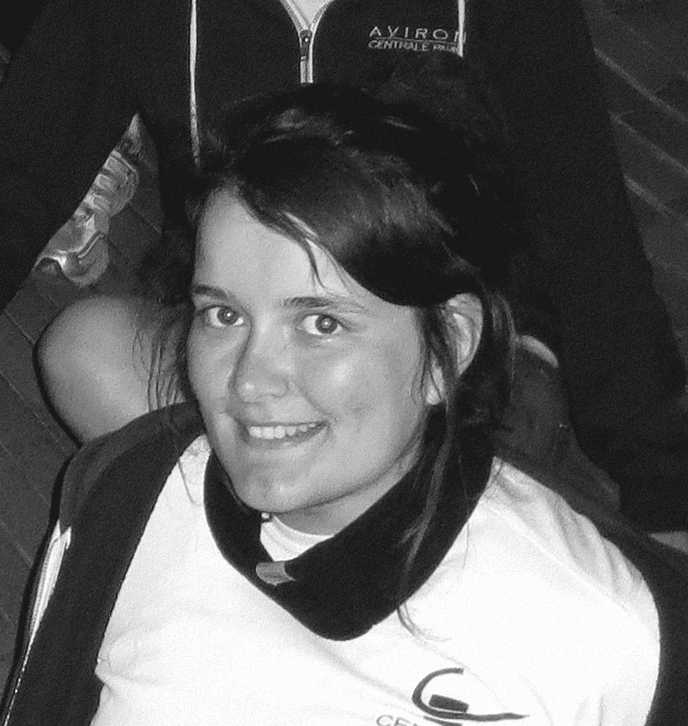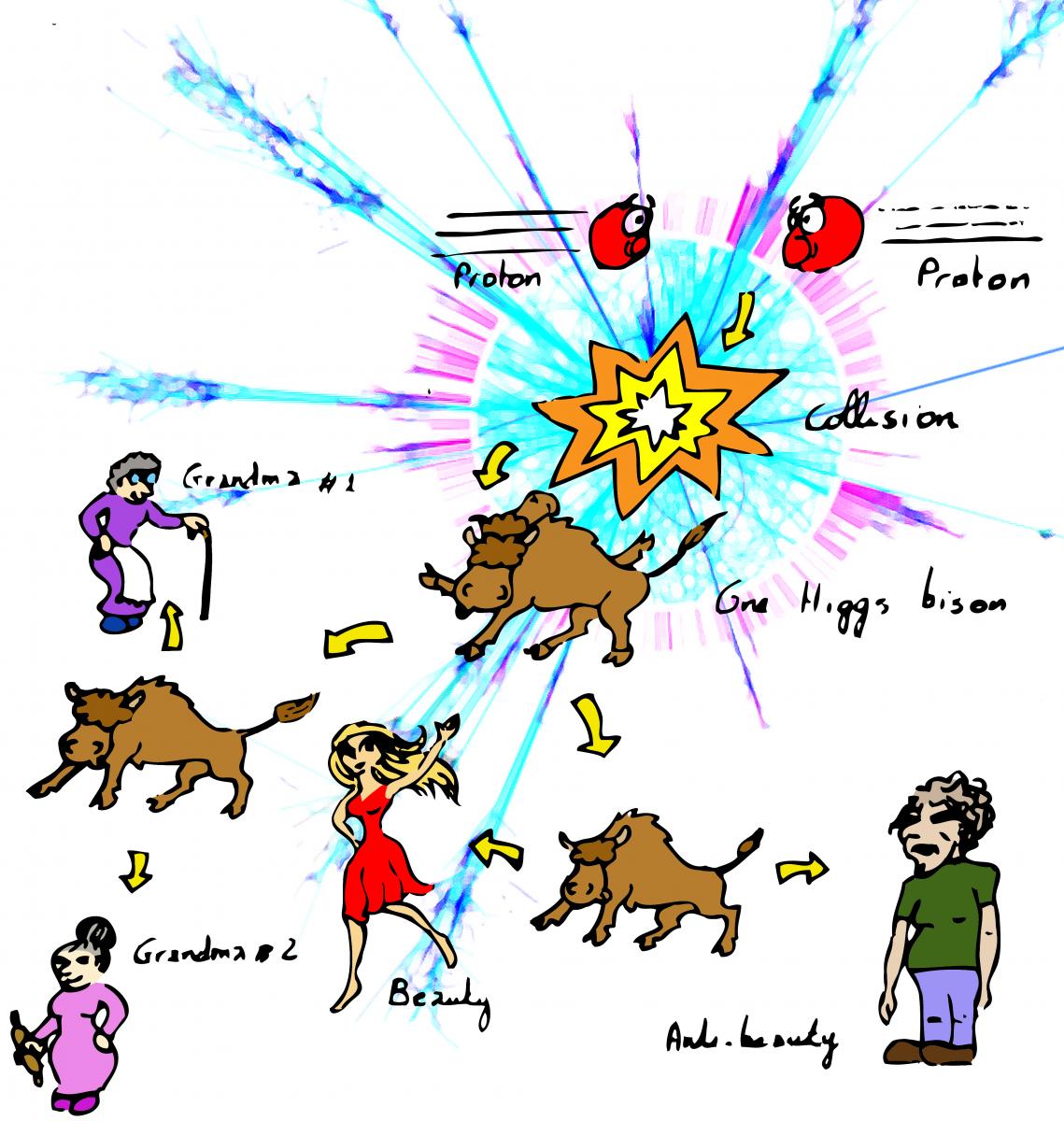Sketching the Higgs boson decay channel.

I’m in an engineering school, but on top of that I would like to study particle physics!’
‘Then you should apply for the CERN Summer Student Program’ said Etienne Klein, who also studied in the Ecole Centrale Paris and finally became a physicist and a philosopher as a result of his own experience here as a summer student.
I heard from him and a few other friends that the two months they spent at CERN as summer students were amongst the most exciting in their life. Thus I expected something great but it was actually more than that!
When we first received the scheudule of our mornings we guesses that the lectures programme would be amazing and indeed it was. In many aspects, this summer went far beyond my expectations.
For example, I knew that CERN was very international but I did not think I would meet so many people coming from CERN's non-member states. I also discovered that Mexican food was not actually more spicy than the Czech cuisine and that these two were not spicy at all compared to Finnish sweets. Besides, I was also surprised to find out that though CERN is a place dedicated to sciences, cinema and music have also their place and I really enjoyed watching films selected by the Cine-club, Bill Fontana’s talk and the performance of the Ayrshire Fiddle Orchestra. And last but not least, my project was really exciting.
The first time I met my supervisor, he explained to me that I would study the signature for the production of two Higgs bosons decaying to gamma-gamma-beauty-anti-beauty. You are lost ? Either was I at the beginning, and I imagined something like that :

Picturing the Higgs boson decay channel! What you don't understand?
Fortunately, my supervisor was patient with me and finally I got into the job. I already knew about Root and programming in C++, but I had to learn how to deal with Github (this tool of the demon), statistics and many problems related to data-analysis (as how to deal with too little size of the simulation, poor calibration, inadequate discriminating variables and so on). As everything, it was difficult at the beginning and I ended finding all of this very interesting.
During the week-ends, I had the chance to take a break and travell a lot thanks to other summer students. I mainly went hiking in the Alps, where you have beautiful paths everywhere, from Chamonix to Grenoble, from St Gervais-les-Bains to the Lac des Dix. It was often very hard to wake up on Monday mornings, but by chance the project and the lectures gave me many good reasons to get out of my bed.
It’s so exciting and challenging to work at CERN that I would really like to come back to pursue my thesis in particle physics. And as I will study in the EPFL in Lausanne next year, I hope I’ll reach this goal and continue my work on the LHCb.
One thing that I will always remember from CERN was the "CMS party". When you go down the cavern and see the detector you’re really amazed from its giant dimensions and the tight precision that was required in inserting each tiny element of the detector with the others. And then, when you meet all the people who work on the experiment, you also realize the hugeness of the organization and the number of individual contributions that had to be put together to reach such an amazing result.
At the end of the day, when you think the number of people who work and collaborate with CERN you suddenly feel like a little piece in the Great Wall of China. Fortunately, CERN's summer student program is one of the links that cements all this together and helps science progressing.
